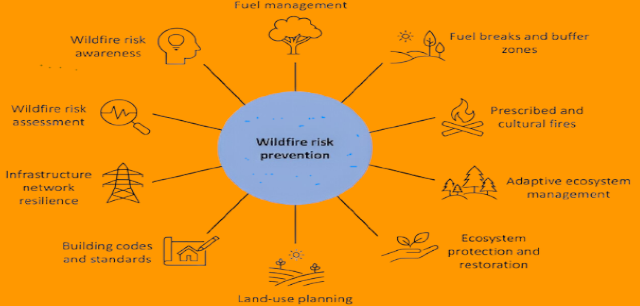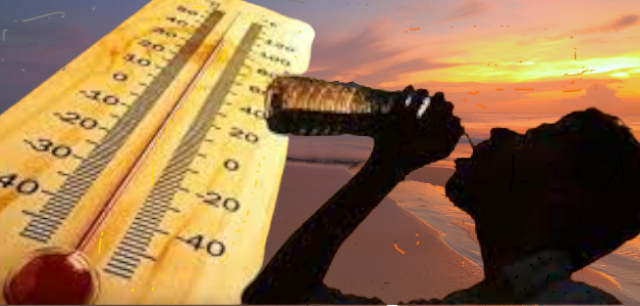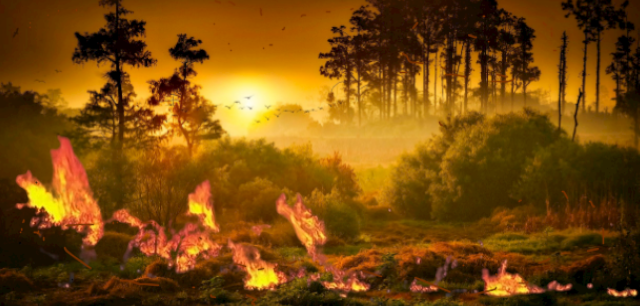Firefighters battled fires in Greece and the Swiss Alps as temperatures reached a high of 46.3C in Sicily. Greece is currently dealing with a dire situation as flames continue to wreak havoc. Across the nation, spurred by increasing temperatures and unfavorable weather. The fire has caused considerable habitat loss, numerous fatalities, and significant property damage. Despite attempts being made to put out the fires and protect the affected communities, the situation is still precarious. This article examines the recent wildfire epidemic in Greece. Focusing on its origins, results, and current efforts to address this environmental disaster.
Causes of the Wildfires
Several reasons contributed to the wildfire outbreak in Greece. First of all, a protracted heatwave with record-breaking high temperatures has affected the area. The foliage is dried off by the intense heat, turning enormous expanses into potential fire. Additionally, the fires have been fanned by strong gusts, making it challenging for firefighters to stop the spread. In other cases, human actions such as negligence or arson cannot be completely ruled out as contributory factors.

Impact on Human Lives and Communities
Wildfires have had a significant impact on both community life and individual lives in Greece. Sadly, a lot of individuals have been hurt and even lost their lives as a result of how quickly the fires spread. Residents in the affected districts have been forced to flee their homes, often ending up in temporary shelters while leaving behind treasured belongings. It is impossible to disregard the psychological impact of such horrific events, especially when so many people struggle with the loss of their homes and the uncertainty of the future.

Environmental Consequences
The effects of the flames on the ecosystem are severe. The widespread devastation of pristine forests, woods, and important ecosystems has resulted in irreparable harm to biodiversity. Numerous plant and animal species, some of which can be rare or local to the area, find a home in these ecosystems. The delicate balance of nature is upset when these ecosystems are lost, and the long-term effects on the environment can be quite negative.
Response and Efforts to Contain the Fires
The Greek government has gathered a sizable amount of resources to fight the raging wildfires, in addition to outside help. To put out the fires and safeguard critical places. Firefighting crews made up of ground personnel, aircraft units, and volunteers are exerting tremendous effort. Additionally, other nations and international organizations have provided assistance by deploying planes, skilled workers, and firefighting supplies to help with the firefighting operations.
Mitigation and Future Preparedness
Following these devastating wildfires, questions of mitigation and future readiness have been more prominent. Greece must evaluate and develop its emergency response plans, including better coordination between the many authorities involved. Potential fire dangers can be identified before they turn into uncontrollable fires by using technology, early warning systems, and preventative measures. Increasing the general public’s knowledge of fire safety and responsible conduct can also aid in the suppression of future wildfires.
Conclusion
The wildfires that are raging there amid excessive heat have seriously devasted Greece. Large natural regions have been devastated, communities have been decimated, and lives have been lost. The brave efforts of firefighters and the collaborative cooperation from local and international communities are crucial in battle. The fires and distributing relief to impacted areas as the situation continues to be serious. It serves as a sharp reminder of the urgent need to address climate change, spend money on fire control measures, and place a high priority on protecting natural habitats.
For More Info Click Here

